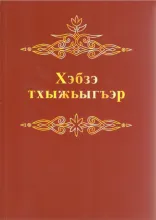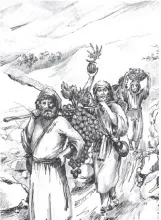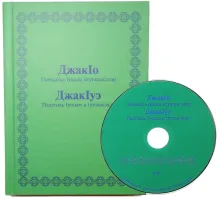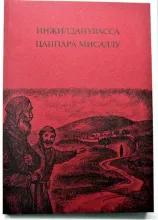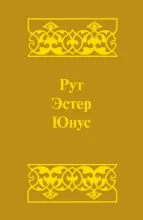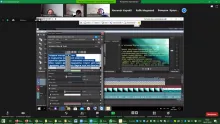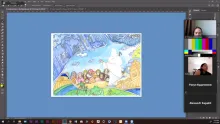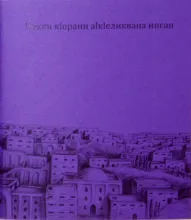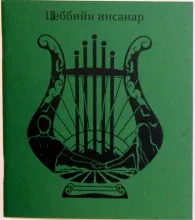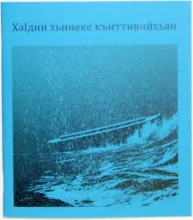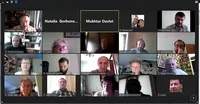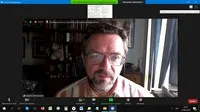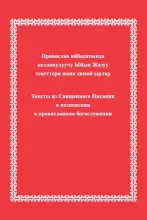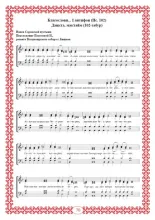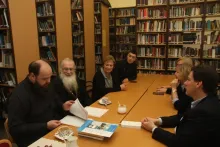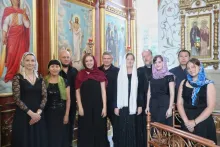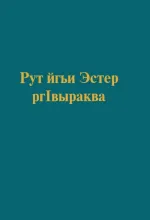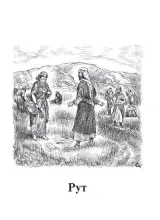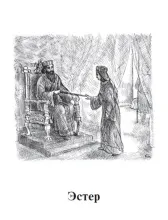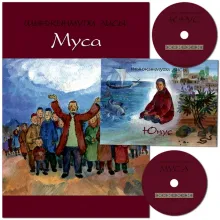news-17112020
Adyghe belongs to the Abkhaz-Adyghe language family of Caucasian languages. There are 117,500 speakers, most of whom live in the Republic of Adyghea in southern Russia.
In preparation for the future publication of the Pentateuch in Adyghe, the book of Deuteronomy was recently released in advance in electronic form, and now it is also in printed form. The first two books of the Pentateuch were printed 2005 (Genesis) and 2015 (Exodus), while Leviticus and Numbers are still in the translation process.
news-111120
IBT is happy to announce the release of a bilingual edition of Ecclesiastes in Adyghe and Kabardian, closely-related languages of the North Caucasus in the Russian Federation.
First, a little history. The official classification of Adyghe and Kabardian as separate languages appeared in 1922, when the Adyghe (Cherkess) and Karachay-Cherkess autonomous regions were formed inside the USSR. Until that time, the two languages were considered to be dialects of a single Circassian language. Over the past century, Adyghe and Kabardian have each developed independently (especially in their written forms), but some speakers of Adyghe and Kabardian still feel that they belong to the same language community. The Ecclesiastes publication was born out of a desire to preserve and develop the community between these two peoples.
news-12102020
The Laks are one of the indigenous peoples of Dagestan. Their language belongs to the Nakh-Dagestanian group of languages and is spoken by around 146,000 people. It is one of the 14 official languages of Dagestan. A newspaper is published in Lak and Dagestan radio broadcasts programs in Lak.
The Institute for Bible Translation’s Gospel Parables series began in 2007 with the Agul language edition, followed in 2015-2020 with the addition of versions in Bezhta, Tatar, Rutul, Tsakhur, Dargi, Dungan, Kumyk, Nogai, Kabardian, Even, Digor and Nenets...
news-09092020
According to the 2010 census of Russia, there are 485,705 speakers of Dargi. There are a number of Dargi dialects, with the literary dialect being taught in most schools in traditionally Dargi regions. Books, newspapers, magazines, and a regional theater all use this literary dialect, so it was chosen as the language of the Bible translation project.
Previously, IBT published the Gospel of Mark (2002, 2007), the Gospel of Luke (2010), the Gospel of Matthew (2013), and a collection of Gospel Parables (2017) in Dargi. For the translation of Ruth, Esther, and Jonah, a new translator joined the project.
news-150720
news-30062020
The Tsakhur people are indigenous to the Caucasus region, historically residing in southern Dagestan and northern Azerbaijan (about 25,000 people in all, according to censuses taken in 2009 and 2010). They profess Sunni Islam. Their language belongs to the Lezgic family of the Nakh-Dagestanian group of North Caucasian languages.
articles-22062020
IBT held a translation workshop on two of the Minor Prophets via Zoom on June 11-18. This was the first time in IBT’s history that one of our workshops has been conducted as a webinar.
The online format of this workshop was necessitated by the coronavirus pandemic and the related quarantine measures. Nevertheless, its advantages quickly became apparent. Many IBT translators are university instructors, and for them, June is traditionally a very busy time, full of summer courses and entrance exams. Translation team members who would not have been able to come to Moscow for a face-to-face seminar were still able to find time in their busy academic schedules for full participation in the virtual workshop.
news-04062020
IBT has published a unique collection of Orthodox liturgical texts in the Kyrgyz language, including musical notation for performance. This is IBT’s first-ever publication of this kind. Most of the 1,000 copies printed will go to the Kyrgyz diocese of the Russian Orthodox Church in Bishkek, since this edition was produced in response to a request of Bishop Daniel of the Kyrgyz diocese. Translation of liturgical texts, which are designed for communal singing to melodies well known in the Orthodox world, demanded that the translation team acquire a completely new set of skills. Special attention had to be paid not only to accuracy in the translation, but also to sound collocations and rhythmic patterns...
news-05062020
IBT is pleased to announce that the Old Testament books of Ruth and Esther have been published in the Abaza language in a single edition. The first IBT publication in Abaza came out in 2019 – an illustrated translation of the book of Jonah, with a parallel Russian translation.
The Abaza language belongs to the Abkhaz-Abaza branch of the Abkhaz-Adyge group of Caucasian languages. L.I. Lavrov, one of the first researchers of the history of the Abaza people, notes that they were once a large people, with their own centuries-old history. Scholars believe that the Abaza and Abkhaz languages...
news-25052020
The Institute for Bible Translation has just expanded its Dungan-language Stories of the Prophets series with two publications that tell the stories of Moses and Jonah. This series relates the Biblical narratives about the greatest prophets that are revered by Jews, Christians, and Muslims alike.
The first installment of the series, Noah, appeared in 2016, followed by the stories of Abraham and Joseph in 2019. The Dungan stories are accompanied by a parallel Russian text and colorful illustrations produced by the talented Dungan artist Khalida Shimova. The biblical characters in these stories appear just as the Dungan reader would imagine them, in their own cultural environment and dressed in their traditional clothing. To aid the reading experience, each book is accompanied by an audio CD with a Dungan recording of the text. This is available on the IBT website in the audio recordings section.

